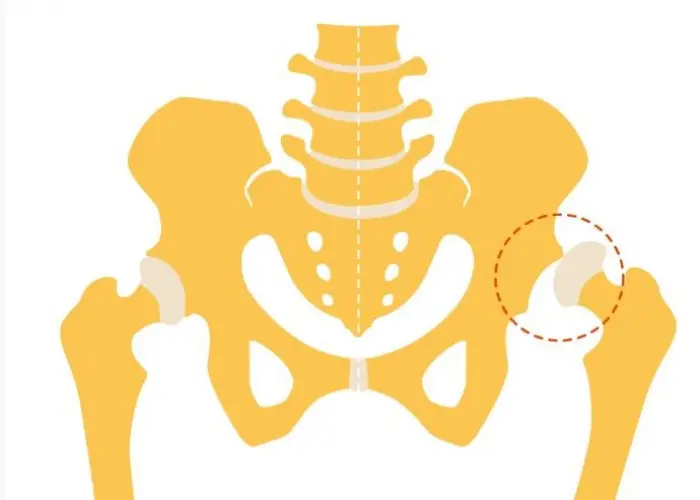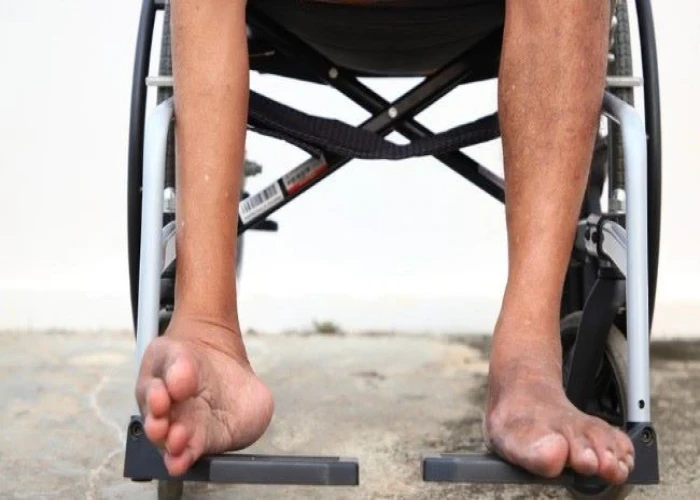 Welcome
Welcome
“May all be happy, may all be healed, may all be at peace and may no one ever suffer."
Jet lag disorder

Jet lag disorder, also known as desynchronosis, is a temporary sleep disorder that occurs when a person travels across multiple time zones in a short period of time. This can disrupt the body's natural circadian rhythm, which regulates the sleep-wake cycle, and lead to symptoms such as fatigue, insomnia, irritability, and difficulty concentrating.
Here are some tips to help prevent or reduce the symptoms of jet lag:
- Adjust your sleep schedule: Start adjusting your sleep schedule a few days before your trip to better align with the destination time zone.
- Stay hydrated: Drink plenty of water before, during, and after your flight to help prevent dehydration, which can exacerbate jet lag symptoms.
- Avoid alcohol and caffeine: Both can disrupt sleep and exacerbate jet lag symptoms.
- Get sunlight: Exposure to natural sunlight can help reset the body's circadian rhythm. Try to spend time outdoors in natural daylight upon arrival at your destination.
- Take short naps: Short naps can help alleviate fatigue and help you adjust to the new time zone.
- Consider medication: Consult with your doctor about medications such as melatonin that can help regulate your sleep cycle.
It is important to note that different people may experience jet lag differently, and some may require more time to adjust than others. If symptoms persist, consult with a healthcare professional.
Research Papers
Disease Signs and Symptoms
- Trouble sleep (insomnia)
- Fatigue (Tiredness)
- Daytime fatigue or low energy
- Constipation
- Diarrhea
- Rapid mood chang
- Stomach problems, constipation or diarrhea
- A general feeling of not being well
Disease Causes
Jet lag disorder
A disruption to your circadian rhythms
Jet lag can occur anytime you cross two or more time zones. Jet lag occurs because crossing multiple time zones puts your internal clock (circadian rhythms), which regulates your sleep-wake cycle, out of sync with the time in your new locale.
For example, if you leave New York on a flight at 4 p.m. on Tuesday and arrive in Paris at 7 a.m. Wednesday, your internal clock still thinks it's 1 a.m. That means you're ready for bed just as Parisians are waking up.
And because it takes a few days for your body to adjust, your sleep-wake cycle, along with most other body functions, such as hunger and bowel habits, remains out of step with the rest of Paris.
The influence of sunlight
A key influence on your internal clock is sunlight. That's because light influences the regulation of melatonin, a hormone that helps synchronize cells throughout the body.
Certain cells in the tissue at the back of your eye (retina) transmit the light signals to an area of your brain called the hypothalamus.
At night, when the light signal is low, the hypothalamus tells the pineal gland, a small organ situated in the brain, to release melatonin. During daylight hours, the opposite occurs, and the pineal gland releases very little melatonin.
You may be able to ease your adjustment to your new time zone by exposing yourself to daylight in the new time zone so long as the timing of light is done properly.
Airline cabin pressure and atmosphere
Some research shows that changes in cabin pressure and high altitudes associated with air travel may contribute to some symptoms of jet lag, regardless of travel across time zones.
In addition, humidity levels are low in planes. If you don't drink enough water during your flight, you can get slightly dehydrated. Dehydration may also contribute to some symptoms of jet lag.
Disease Prevents
Disease Treatments
Jet lag is generally temporary and usually doesn't need treatment. Symptoms often improve within a few days, though they sometimes last longer.
However, if you're a frequent traveler continually bothered by jet lag, your doctor may prescribe light therapy or medications.
Light therapy
Your body's internal clock is influenced by exposure to sunlight, among other factors. When you travel across time zones, your body must adjust to a new daylight schedule and reset, allowing you to fall asleep and be awake at the appropriate times.
Your doctor may recommend light therapy. This involves exposure to an artificial bright light or lamp that simulates sunlight for a specific and regular amount of time when you're meant to be awake. Light therapy comes in a variety of forms, including a light box that sits on a table, a desk lamp or a light visor that you wear on your head.
Light therapy may be useful, for example, if you're a business traveler and are often away from natural sunlight during the day in a new time zone.
Medications
- Nonbenzodiazepines, such as zolpidem (Ambien) and eszopiclone (Lunesta)
- Benzodiazepines, such as temazepam (Restoril) and midazolam (Nayzilam)
These medications — sometimes called sleeping pills — may help you sleep during your flight and for several nights afterward. Side effects are uncommon, but may include nausea, vomiting, amnesia, sleepwalking, confusion and morning sleepiness.
Although these medications appear to help sleep duration and quality, they may not lessen daytime symptoms of jet lag. These medications are usually only recommended for people who haven't been helped by other treatments.
Disease Diagnoses
Disease Allopathic Generics
Disease Ayurvedic Generics
Disease Homeopathic Generics
Disease yoga
Jet lag disorder and Learn More about Diseases

Pulmonary valve disease

Hip dysplasia

Polio

Dandruff

Bruxism (teeth grinding)

Liver disease

Aortic aneurysm

Acute lymphocytic leukemia
jet lag disorder, জেট ল্যাগ ডিসঅর্ডার
To be happy, beautiful, healthy, wealthy, hale and long-lived stay with DM3S.
